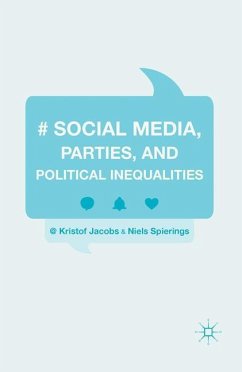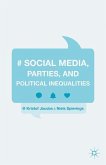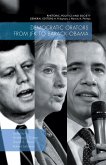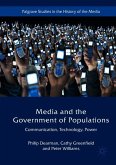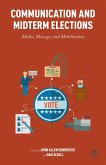This book examines how social media have transformed politics in established democracies. Specifically, the authors examine the influence of the unique qualities of social media on the power balance between and within parties. They present a general theory as well as an in-depth case study of the Netherlands and compare it to the US and European democracies. The authors show how and why social media's introduction leads to equalization for some and normalization for others. Additional to national politics, Jacobs and Spierings investigate often-overlooked topics such as local and European politics and the impact on women and ethnic minorities.
'Jacobs and Spierings are the first ones to provide a comprehensive account of the role social media play in politics. With their multi-method, comparative approach they debunk the common wisdom of massive social media effects, but also show in a nuanced way when and how these media actually matter. The book is a must-read for everyone wanting to understand how politics has changed due to the rise of new media.' - Rens Vliegenthart, Professor of Communication Science and Chair in Media and Society, University of Amsterdam, Netherlands
'This book makes an important contribution to the literature on the internet and politics. In looking comparatively at elites' use of Twitter and Facebook it extends our understanding of how far social media are affecting political practice in campaigns and elections worldwide. The authors update the standard normalization-equalization debate that has characterized the study of this topic by presenting a more nuanced understanding of party competition online.' - Rachel Gibson, Professor of Politics, University of Manchester, UK
'This book makes an important contribution to the literature on the internet and politics. In looking comparatively at elites' use of Twitter and Facebook it extends our understanding of how far social media are affecting political practice in campaigns and elections worldwide. The authors update the standard normalization-equalization debate that has characterized the study of this topic by presenting a more nuanced understanding of party competition online.' - Rachel Gibson, Professor of Politics, University of Manchester, UK

